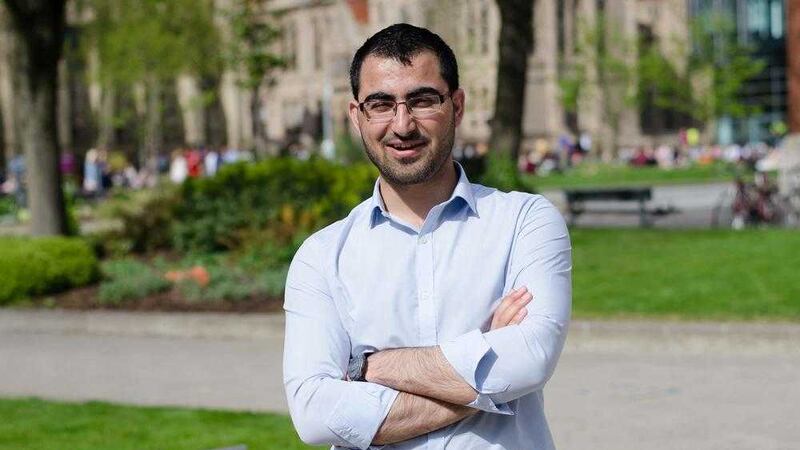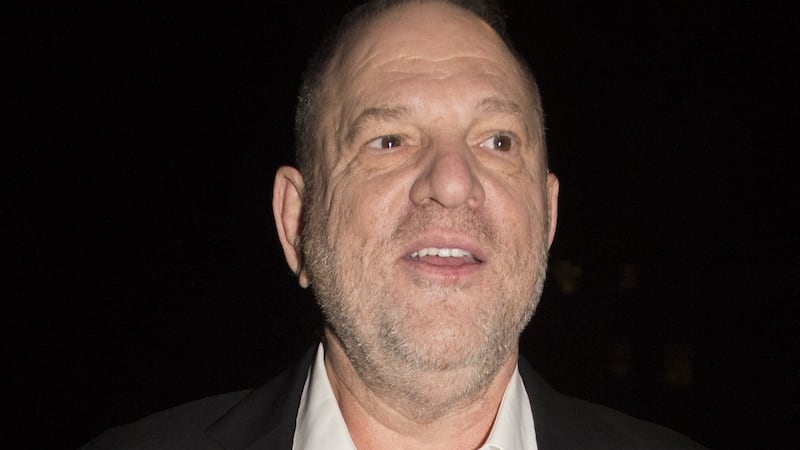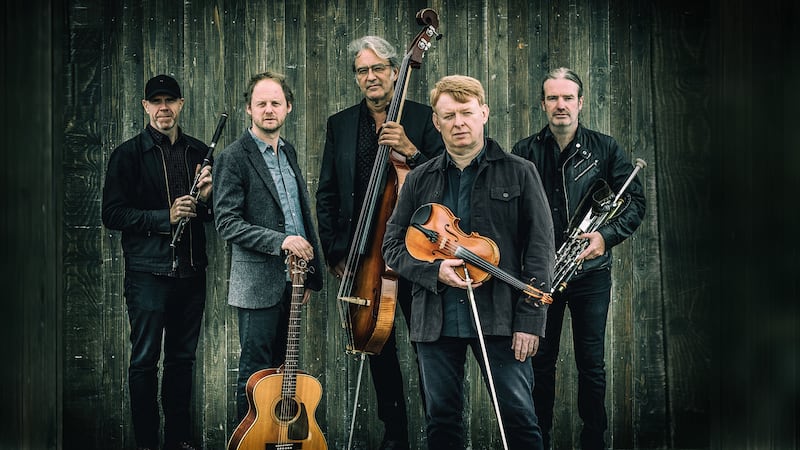WITNESSING the deepening refugee crisis in Europe, a young Afghan campaigner who is giving the Amnesty International lecture in the Belfast festival, all but despairs.
Gulwali Passarlay knows what it feels like to be in the hands of a human trafficker; he nearly drowned in a boat in the Mediterranean; and he crossed Europe squashed on top of a lorry engine – all while aged just 12.
Now 21, he has just brought out his book about his experiences, The Lightless Sky: An Afghan Refugee Boy's Journey of Escape to a New Life in Britain. When we chat he speaks rapidly, as if time is running out and he has to make his point – which is about the humanity of the Syrian and other refugees now trying to get to and cross Europe.
Gulwali, in his third year of a politics degree at Manchester University, recently went – or rather, returned – to Calais to visit the refugees stuck there.
"It's shocking. I went over to help people and take food and medicine. There were young Afghan boys there by themselves. People there said they didn't want anything but to be treated as humans, with dignity."
The news stories take him back to the start of his own refugee story. His father was a doctor in Afghanistan before falling foul of the regime. He was killed, together with an uncle and Gulwali's elder brother and grandfather, when US soldiers and Afghan militia raided a house in search of another uncle who was involved with the Taliban.
Worried for her sons' safety, Gulwali's mother sent him and another brother –from whom he was separated – abroad with a paid 'agent'. ("This people smuggling is a business," as he says.)
He went from Afghanistan to Pakistan, then to Iran and on to Turkey. "Then I went to Bulgaria, where I was arrested."
Finally he reached Greece, though, like his successors on this perilous journey, he nearly drowned getting there. "The water was coming in and it was like going through hell. If we hadn't reached the beach in minutes, we would have drowned. Sometimes I think 'How am I still alive?'" he says.
"Eventually, I headed north, after being put on top of an engine in a lorry to cross Greece and Italy. I could see the big tyres go round and it was really scary as I could easily have fallen off and been smashed under them. I then spent a month in Calais, but it seemed like three."
Now on a mission to raise awareness of what it means to be a refugee, Gulwali says he still finds the term difficult.
"Language is important and people dehumanise those who are desperate and have to leave their countries by calling them migrants. It's demeaning. I didn't really want to be labelled a refugee but felt it was important to speak out, to give those people a voice."
Once he reached England, the authorities refused to accept that he was just 13.
"They wouldn't believe my age and nationality and sent me to a unit for unaccompanied young men. I couldn't contact my family and although they supported me and gave us enough to survive, it was tough."
His education stopped – "I was too young for college, too old for school."
Eventually, however, his luck changed; he has become a successful advocate for young refugees, being elected to Britain's youth parliament and so getting the chance to address government ministers on how to adapt policy to help children in his situation.
He retains an impressive, if qualified optimism. "My belief is that the majority of people have humanity but the right-wing media manipulates our reaction to the refugee crisis. When you see the reaction to the photo of Aylan Kurdi, the little Syrian boy drowned on the Turkish beach, you have to remember Syrians and Eritreans are drowning all the time.
"But I was at the head of the big rally in London recently, welcoming refugees, with 100,000 people blocking the centre of town. That was good."
:: Amnesty International Annual Lecture – Gulwali Passarlay: An Afghan boy's refugee Journey, Crescent Arts Centre, Belfast, Thursday October 29, 7.30pm. See belfastinternationalartsfestival.com for booking.








